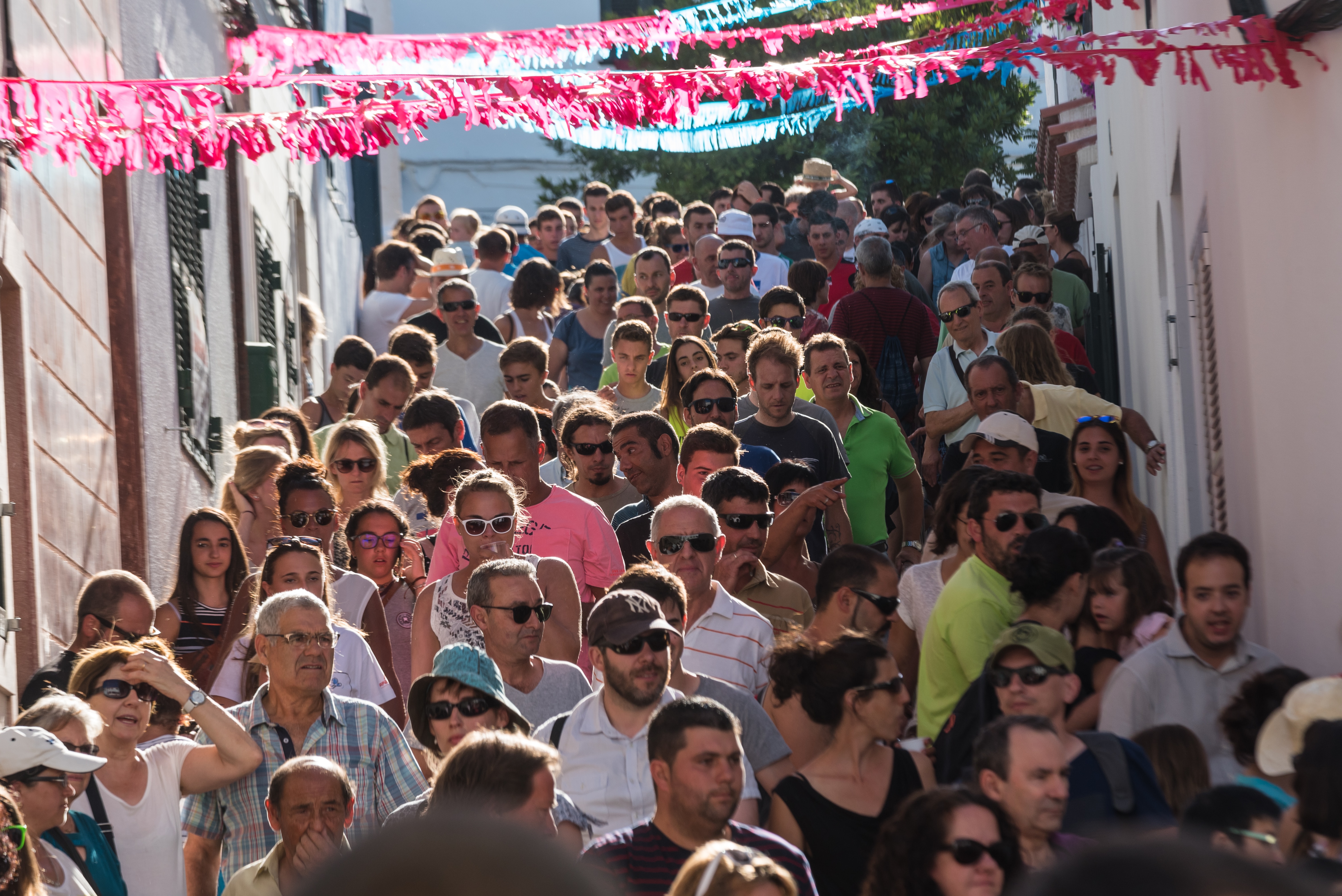I’ve been apologetic about my job since 2003.
Honestly, it’s been conflicting at times hearing from patients, families, and friends that have been devastated by cancer.
Those that have been in contact with me that have end-stage cancer, have asked me not to give up on my work—to not stop for the sake of their children and their children’s children.
I am deeply sorry for the countless losses, and I am sorry for the immense and endless suffering causing hardship and havoc throughout cancer patients’ lives. I also understand that when someone loses what they love most to cancer they can give no more. often they want to walk away.
I remember after the death of a sibling someone wanted me to give to a Cancer organization –I thought to myself -never.
At Next Generation Choices Foundation, more widely known as Less Cancer, we have been unwavering in our mission to prevent cancer. I founded the organization in 2003 initially to see if we could ever prevent this wicked disease and, at the very least, not just prevent death, but save a living, vibrate life that would not experience the immense suffering that comes with cancer. Today, we know that prevention actually is the best option for addressing cancer.
As a country, we have had a focus on winning the war on cancer, but instead have been addressing the individual battles; we have done very little in decreasing the increasing incidences of cancer.
While yes, I guess, while some people are living marginally longer, and yes, some miraculously seemed hardly scathed, we have many more being diagnosed with cancer, and the number is increasing. We have lost sight of the profound suffering that can come even with a cure—not just the physical pain of cancer and its treatment but the emotional pain and economic hardship, breaking everything from hearts, bank accounts, families, and any chance of stability.
I, too, know the devastation of loss, and I know the reaction can be different for each person. We are designed to want victories and to crave the cure for cancer; we all want it.
But its exactly why I founded Less Cancer. I have urgently rung the bell and worked feverishly for close to two decades to actively engage the policymakers who can do things to modify cancer risks. We can do things that guard the public’s health. Instead, today we have an administration that is eagerly awaiting ways to lower the bar for human health and the environment.
It’s unthinkable for people to hear there may be different ways to take care of ourselves, our communities, and our families. It’s a slow learning process in understanding modifiable risks associated with cancer risk. When people understand that, yes, things can be different, it enrages them when the pieces are put together and it should.
We see in New Hampshire, number one in pediatric cancers, fighting for clean water only to hear the EPA is pulling back efforts to protect their children.
It is up to our leaders and policymakers to guard the public by not just cleaning up environmental hazards, but by preventing them from occurring and preventing harm to human health.
But what is most shocking to me is when leadership boldly ignores the evidence-based science on harmful chemicals or toxic drinking water. We all know better, and we must ask that elected officials do all they can to protect the environment and human health.
It is for those reasons that we have initiated National Cancer Prevention Day, the United States Bipartisan Congressional Cancer Prevention Caucus, and the National Cancer Prevention Workshop on February 5th on Capitol Hill, with a global target audience of over 60,000 via live feeds in over 40 countries. While we will use the opportunity to educate legislators, it is also a workshop that will provide continuing medical education credits for health care providers to include physicians, nurses, and public health providers. Our programming for health care providers and public health professionals is critical as they have the education and background to best advocate for communities.
We as a country could prevent a whole host of public health consequences, including cancer.
Historically, we have heard everything from, “there’s not much you can do about cancer,” to cancer is “unlucky.”
We know that is absolutely not true; we see it with cigarette smoking, where we lose almost half a million people a year from cigarette smoking alone in the United States. Besides, we have a host of other risk factors that don’t have to be the way they are–our legislative branches and leadership are in office to protect human health and the environment. The risks for cancer are clear and include everything from physical inactivity, dietary factors, obesity and being overweight, to alcohol use, infections (HPV, HIV), environmental pollution, occupational carcinogens, and radiation.
Preventable cancers, preventable deaths.
We can do more, and we must do more.


